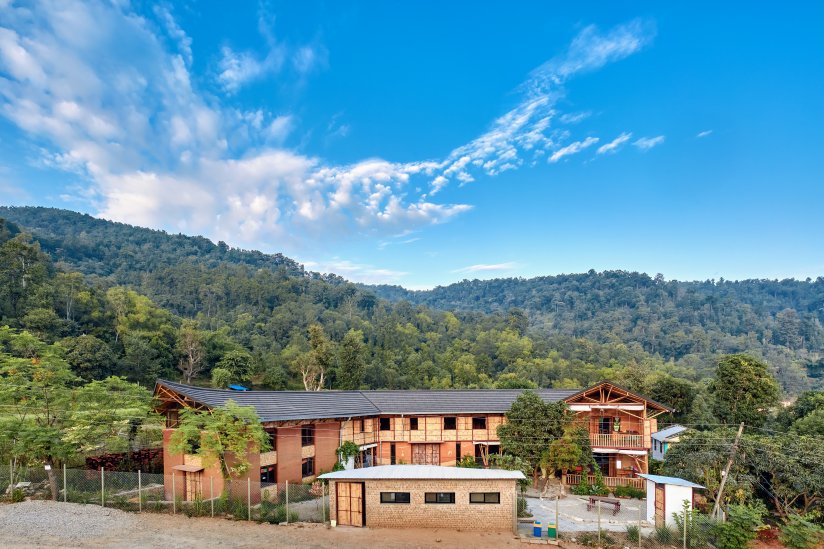Sustainability At Kopila Valley: Part 5- Sustainability in Nepal
Monday, August 30, 2021

Sustainability is about meeting our present needs without having to compromise the ability of the future generation to meet their own needs. While sustainability is heavily linked to environmental conservation, the benefit of sustainability can actually impact the entire economy of a country. As per World Bank, in 2018, Nepal held a forest area of 41.59% out of the total land area which shows that the land to forest ratio is good in Nepal. However, sustainability is not simply about planting trees and increasing greenery, it is about how we utilize those resources in a lasting and non-destructive manner.
Climate change has become a global crisis that is damaging to the Earth’s ecosystem to the point of no return if we don’t act soon. Major causes of climate change such as the use of fossil fuel, improper waste disposal, overconsumption, deforestation, among others can be reduced if we opt for a sustainable lifestyle. Being sustainable for Nepal is not only about promoting environmental conservation nationally but it also about joining the global fight against climate change. Better impact on the environment means that Nepal can actively reduce its own carbon footprints while also aspiring to become a carbon sink.
However, there is another major reason why sustainability is not only a desire but a necessity for Nepal. According to the International Labour Organization, agriculture provides livelihoods for 68 percent of Nepal’s population. Although the majority of the population is involved in agriculture, Nepal imports two-thirds of its needs from India. In 2019, Nepal's trade deficit amounted to around 11.37 billion U.S dollars. Such a high trade deficit can be minimized by sustainability as well. Focusing on locally grown produce can be a major help when it comes to reducing the import of agricultural products from our neighbors. Therefore, sustainability for Nepal is not only necessary to mitigate climate change but it is also essential for economic development.


